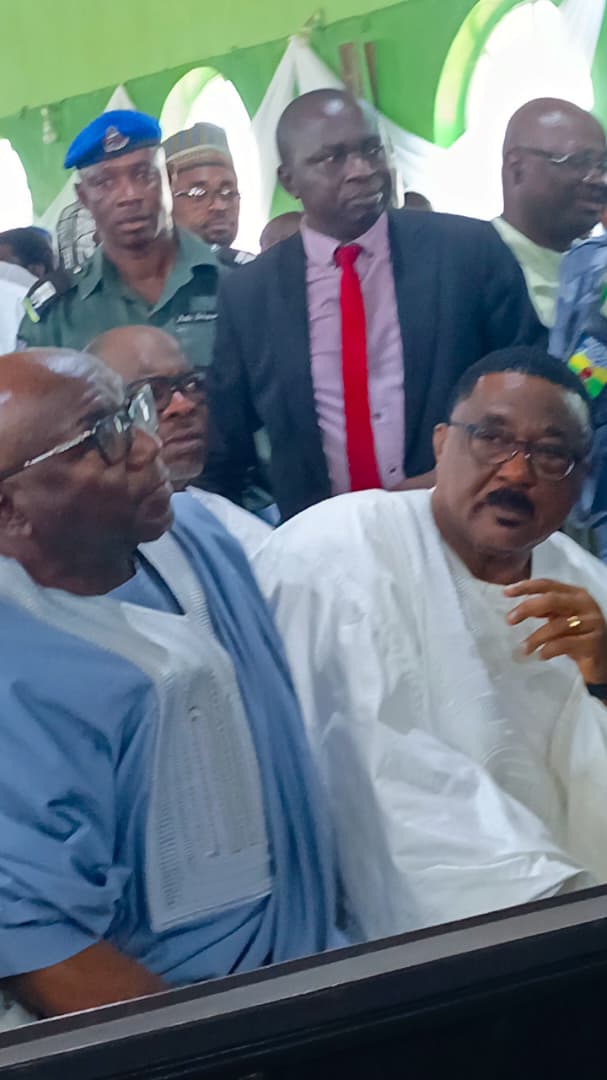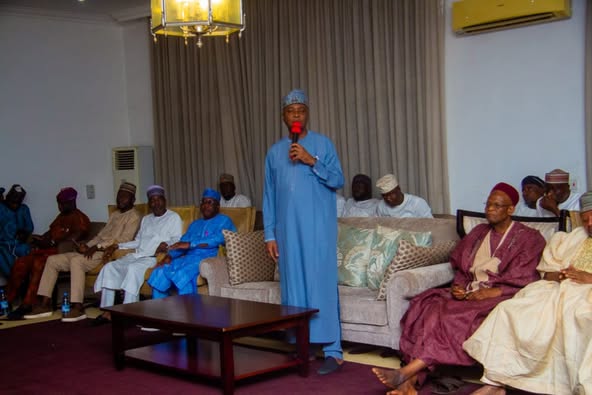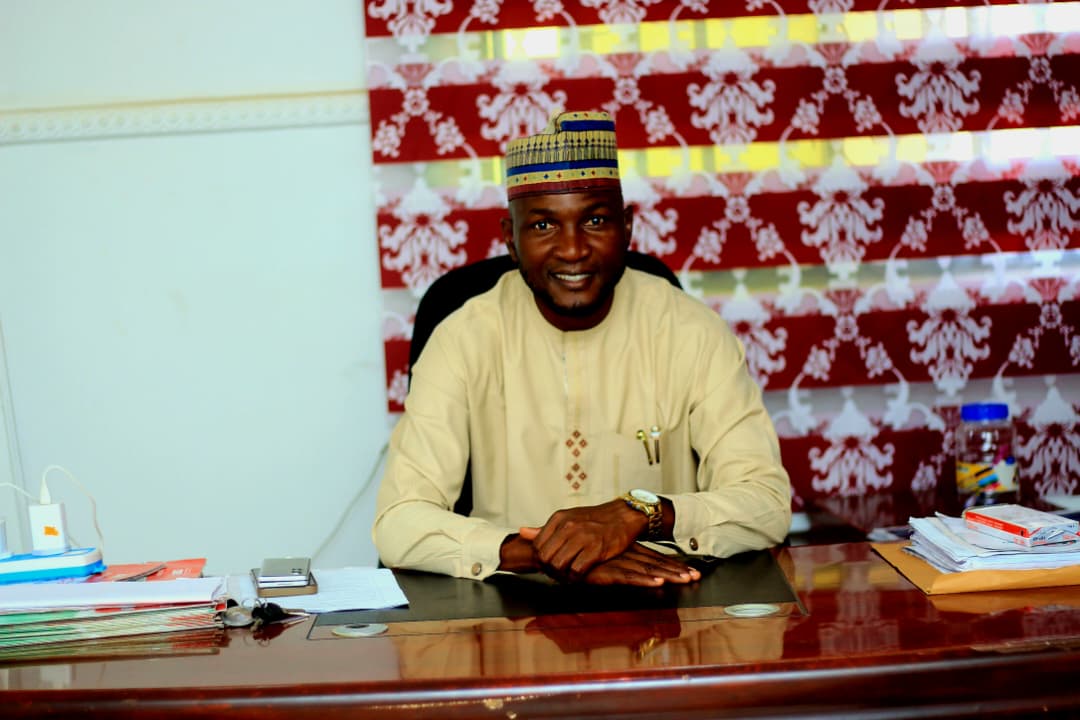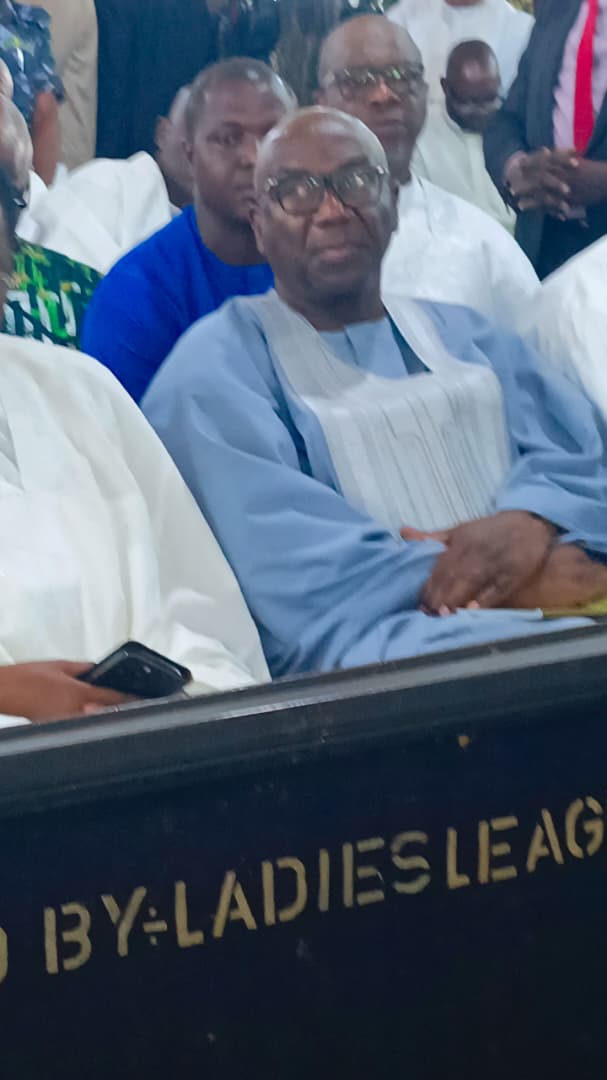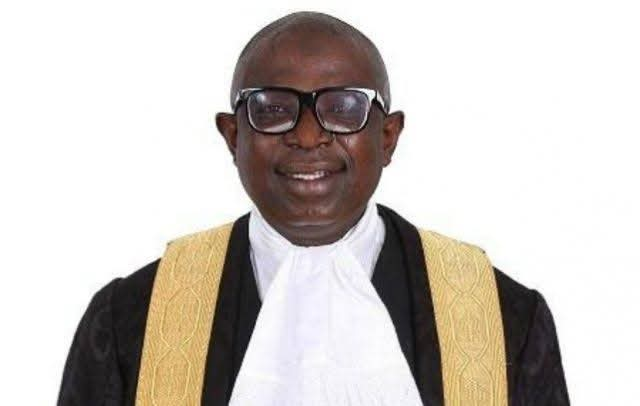Kwara Group Calls for Transparency and Accountability in KWASSIP

The Kwara Advancement Initiative (KAI), a civil society and non-governmental organization focused on promoting good governance in Kwara State, has voiced deep concerns over allegations of exploitation and politicization within the Kwara State Social Investment Programme (KWASSIP).
In a statement signed by its Head of Democratic Mobilization and Monitoring Desk, Hajia Adeola Bashiru, KAI called on the Economic and Financial Crimes Commission (EFCC) and the Independent Corrupt Practices and Other Related Offences Commission (ICPC) to launch a thorough investigation into KWASSIP’s operations. The group urged that the agency’s activities strictly comply with its founding laws, ensuring transparency, accountability, and due process.
The group stressed that the investigation should focus on several key areas, including the process for selecting beneficiaries, the management and disbursement of funds, and the agency’s overall transparency. It also raised concerns about potential politicization and conflicts of interest.
“KWASSIP’s beneficiary selection process needs to be carefully examined to ensure fairness and prevent favoritism,” the statement read. “Equity, justice, and fairness must guide all procedures, including fund disbursement, tracking, and enforcement mechanisms. Additionally, the agency’s financial records, from budget allocation to auditing practices, require a full review.”
KAI also criticized recent actions by KWASSIP’s Acting Director-General, Dr. Abdulwasiu Tejidini, accusing him of undermining the credibility of the program. According to the group, Dr. Tejidini’s involvement in partisan politics—welcoming members of opposition parties into the ruling All Progressives Congress (APC) at the KWASSIP office—represents a significant deviation from the agency’s core mission and suggests state funds are being misused for political purposes.
“This blatant abuse of power compromises public trust in KWASSIP and underscores the urgent need to separate politics from state social intervention programs,” the group emphasized.
To restore confidence in the program, KAI recommended reforms to improve governance and oversight at KWASSIP. These include establishing transparent, merit-based criteria for loan recipients, conducting regular audits, and ensuring public financial reporting to maintain accountability.
Concluding its statement, the group called on the EFCC and ICPC to closely scrutinize KWASSIP’s activities, ensuring that the program serves its intended purpose of social welfare, free from political manipulation. “The people of Kwara State deserve better,” the statement noted.
